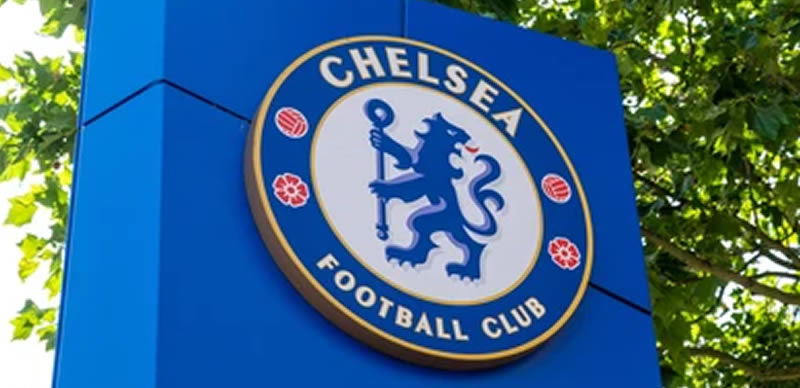Paragraph 1: The Charges and Initial Context
The Football Association (FA) has levied a substantial 74 charges against Chelsea Football Club, alleging breaches of regulations concerning payments made to agents between 2009 and 2022. The bulk of these alleged infractions are concentrated within the period spanning the 2010/11 to 2015/16 seasons, a period of significant transformation and success for the club. This period coincides with Roman Abramovich’s ownership, a time marked by substantial investment and on-field achievements. The FA’s charges bring into question the financial practices employed during this era, particularly in the often opaque realm of agent dealings. Chelsea has been given a deadline of September 19th to respond to these charges, setting the stage for a potentially protracted legal and disciplinary process.
Paragraph 2: Chelsea’s Response and Self-Reporting
Chelsea has responded to the FA’s charges with a statement emphasizing their proactive engagement with the governing body and highlighting the self-reported nature of the matters under scrutiny. The club’s current ownership, led by Todd Boehly and Clearlake Capital, acquired the club in May 2022, succeeding Abramovich’s tenure. Crucially, Chelsea asserts that during the due diligence process leading up to the acquisition, they uncovered potential irregularities in financial reporting related to past transactions, as well as other potential breaches of FA regulations. Upon assuming ownership, the new regime promptly self-reported these findings to relevant regulatory bodies, including the FA. This self-reporting is presented by Chelsea as a demonstration of transparency and a commitment to rectifying any past missteps.
Paragraph 3: Chelsea’s Cooperation and UEFA Settlement
Chelsea’s proactive approach extends beyond self-reporting to the FA. The club emphasizes ongoing cooperation with the investigation and underscores its commitment to transparency in addressing these matters. This stance of cooperation is further evidenced by a recent settlement reached with UEFA, European football’s governing body. In July 2023, Chelsea agreed to pay €10 million to UEFA after admitting to incomplete financial reporting during the Abramovich era. UEFA confirmed that Chelsea’s new ownership had proactively approached them with this information, further solidifying the club’s narrative of transparency and willingness to address past financial irregularities. This settlement with UEFA could serve as a precedent for the FA proceedings, potentially influencing the outcome and sanctions imposed.
Paragraph 4: The Abramovich Era and Political Context
The backdrop to these financial investigations is the turbulent period surrounding Roman Abramovich’s ownership and its eventual conclusion. Abramovich, a Russian oligarch, purchased Chelsea in 2003, ushering in an era of unprecedented investment and success. However, his ownership came to an abrupt end in May 2022, forced by sanctions imposed by the British government in the wake of Russia’s invasion of Ukraine. The UK government labeled Abramovich as part of Russian President Vladimir Putin’s inner circle, a claim he denies. These sanctions necessitated the sale of Chelsea, paving the way for the Boehly-Clearlake takeover. The political context surrounding Abramovich’s departure adds another layer of complexity to the financial investigations, intertwining sporting matters with geopolitical considerations.
Paragraph 5: Dispute over Sale Proceeds and Humanitarian Aid
The sale of Chelsea generated £2.5 billion, a sum currently frozen by the British government. A dispute has arisen regarding the allocation of these funds. The UK government intends to direct the proceeds towards humanitarian aid in Ukraine. However, Abramovich contends that the funds should benefit all victims of the conflict, including those in Russia. This disagreement has led to the British government threatening legal action against Abramovich. The fate of these substantial funds remains unresolved, highlighting the ongoing legal and political ramifications of Abramovich’s former ownership and the broader geopolitical context.
Paragraph 6: Looking Ahead: Potential Ramifications and Implications
The FA’s charges against Chelsea carry significant potential ramifications for the club. Depending on the outcome of the investigation, sanctions could range from fines to points deductions, potentially impacting their standing in the Premier League and eligibility for European competitions. The case also raises broader questions about financial regulations and oversight within football. The outcome could prompt calls for greater transparency and stricter enforcement of rules related to agent payments and financial reporting. Furthermore, the case highlights the increasing scrutiny of club ownership and the potential for geopolitical factors to intersect with the world of sports. The ongoing investigation and its eventual resolution will likely have far-reaching consequences for Chelsea and the broader football landscape.














